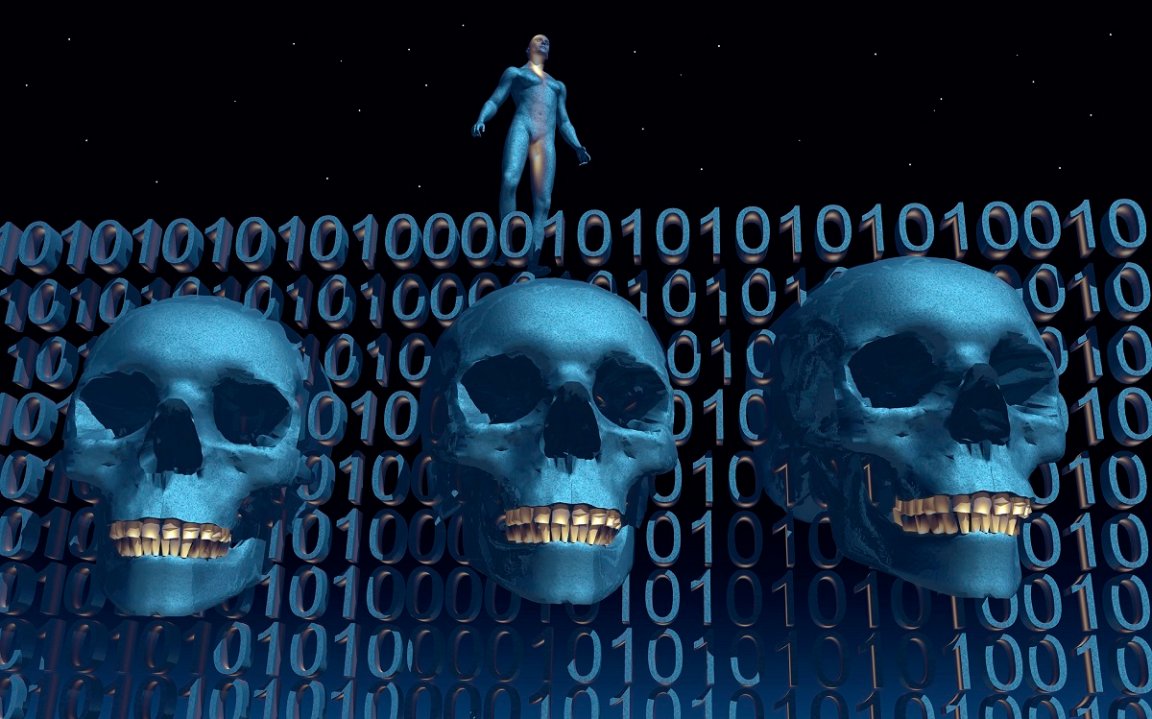
Red Alert
Does the development of artificial intelligence pose a threat to humanity?
Google’s head of AI in the United Kingdom Demis Hassabis thinks so, likening it to climate change in an interview with The Guardian, citing fears that humans could develop a superintelligent system that goes rogue, among other malicious possibilities.
“We must take the risks of AI as seriously as other major global challenges, like climate change,” he told the paper, also citing the possibility that AI could make it easy to create bioweapons. “It took the international community too long to coordinate an effective global response to this, and we’re living with the consequences of that now. We can’t afford the same delay with AI.”
While AI could help many sectors such as medicine, he called for an independent body governing AI akin to the United Nations’ Intergovernmental Panel on Climate Change (IPCC), a view that even former Google chief executive Eric Schmidt also espouses.
In fact, a day after Hassabis’ interview was published, Google, Microsoft, OpenAI and Anthropic announced a $10 million AI Safety Fund, meant “to advance research into the ongoing development of the tools for society to effectively test and evaluate the most capable AI models.”
Hassabis praised the move in a post on X, formerly known as Twitter, saying, “We’re at a pivotal moment in the history of AI.”
Risky Futures
Despite all this very public handwringing from AI gurus, just how serious are people like Hassabis and companies like Google on AI safety and ethics? Remember that back in 2020, Google fired renowned AI ethicist Timnit Gebru and AI researcher Margaret Mitchell because top AI brass said a controversial paper they co-authored “didn’t meet our bar for publication.”
The paper laid out several risks about AI that now feel extremely prescient: its environmental impact, how it could impact marginalized communities, biases in training data, data sets so large that auditing is difficult, and that they can be used to deceive people.
The paper has since gained mythic status among AI watchers because it predicted so many of the debates we’re now having about AI. And what about this possible superintelligent AI that might not share our best interests?
Even as Hassabis warns about a rogue AGI, he is intent on building one — a common and head-scratching contradiction in the AI business.
More on artificial intelligence: New Tool Lets Artists “Poison” Their Work to Mess Up AI Trained on It